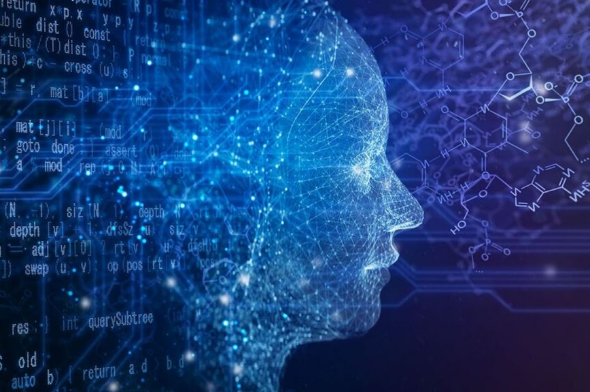Connection to DriversCloud Create a DriversCloud.com account Reset your DriversCloud.com password Account migration
A host of experts want to put the brakes on AI development: Bill Gates disagrees
A story of artificial intelligence that learns faster and faster and this is not science fiction.
An open letter also taking the form of a petition, the missive signed by Elon Musk (CEO of SpaceX, Tesla and Twitter) and Steve Wozniak (co-founder of Apple) has been published on the website futureoflife.org. Many researchers and other specialists in technological progress and artificial intelligence have joined the two above-mentioned to call for a pause in research on AI. Through this letter, the signatories want to warn about the recent progress of artificial intelligence and the disastrous consequences that can have an ever fiercer competition in the field. Generative artificial intelligence has only shown a tiny fraction of its potential, and the arrival of software as powerful as ChatGPT is pushing most of OpenAI's rivals to accelerate their work.
The letter's signatories point out, however, that this unbridled competition is not all good. In particular, they point to security concerns. Indeed, while the work in this area is increasingly sensitive, the question of secrecy surrounding the research arises. Without information on the work that is being carried out by some or others, the society as a whole is not able to protect itself from possible dangers, from any drift or disaster. Quoted by Clubic, the signatories wonder: " Should we let machines flood our information channels with propaganda and untruth? Should we automate all jobs, including rewarding ones? Should we develop non-human minds that may one day outnumber, outwit, and outlast us? Should we risk losing control of our civilization? "
The purpose of this open letter is therefore to call for a "pause" of sorts. The signatories want a pause on the development of the most powerful artificial intelligences for a period of at least six months. A period of time that should allow to evaluate the dangers, to determine if the progress made in this field is really positive and if the risks are manageable. Sam Altman himself - he is the boss of the company OpenAI - admitted to being " a little scared " by the progress made and the dangers for humanity if ChatGPT's artificial intelligence was used for " large-scale disinformation or cyber attacks ".
However, Sam Altman did not want to sign this open letter. In this sense, he is joined by one of the most famous names in the tech world, Bill Gates, co-founder of Microsoft and head of the American company for many years. Gates has long been one of the strongest advocates of artificial intelligence and is more than enthusiastic about recent advances in the field. Contrary to what is said in this open letter, Bill Gates considers that the pause of at least six months mentioned is in no way a solution to the problems posed by the rise of generative artificial intelligence. In an interview with Reuters, he explains that he doesn't believe that " asking any particular group to take a break will solve the problems " before adding, " I don't really understand who they think would stop, or whether every country in the world would agree, or why they would. "
In doing so, Bill Gates puts the spotlight on a problem of feasibility of this pause. Decided by whom and how? Applied to all countries in the world? To all private companies? The founder of Microsoft recognizes the problems posed by the development of artificial intelligence and understands the concerns that this can generate. However, he believes that there are " huge benefits to these things " and talks about " identifying the tricky areas " rather than taking this six-month break. Bill Gates even believes that artificial intelligence is nothing less than the greatest computer innovation of the last forty years, an innovation that should be able to help find solutions to all of humanity's problems. On this last point, we cannot help but see Bill Gates as a follower of solutionism, but we have to admit that it is hard to imagine the Chinese, Indian or Russian governments accepting a break coming from thinking heads based in the United States or in Europe.






